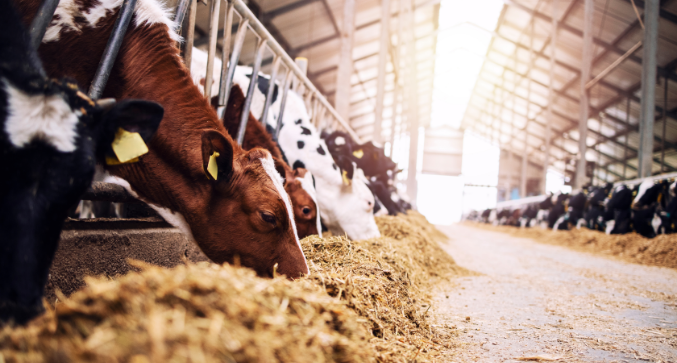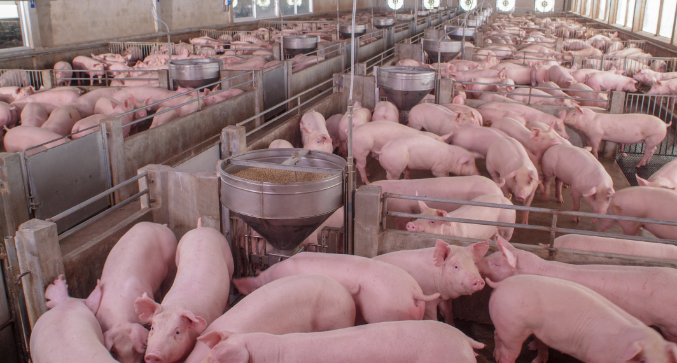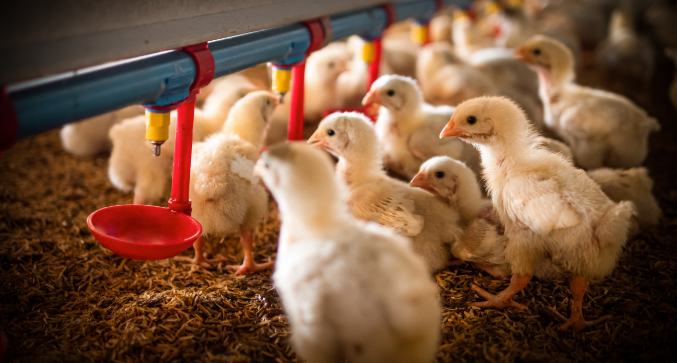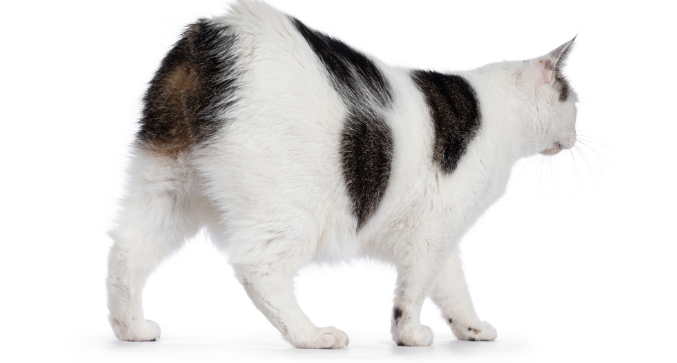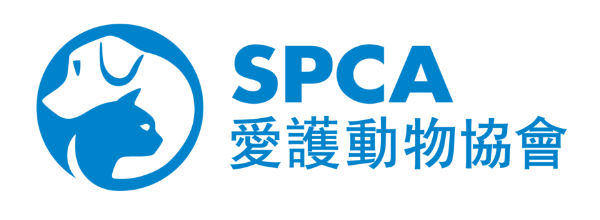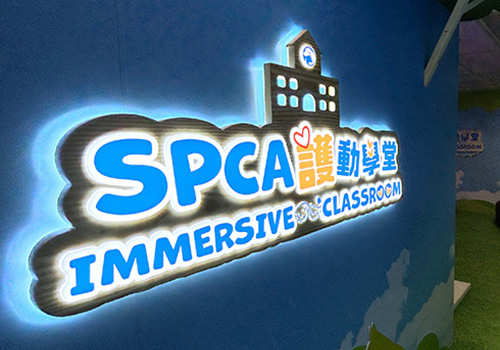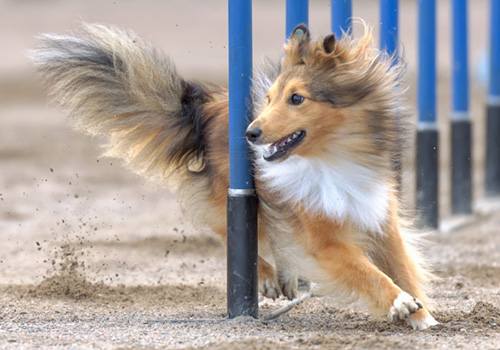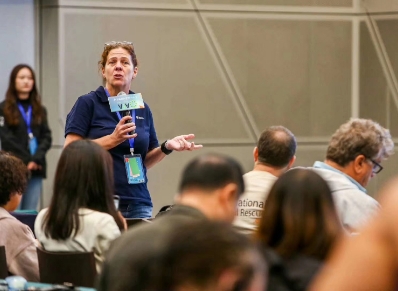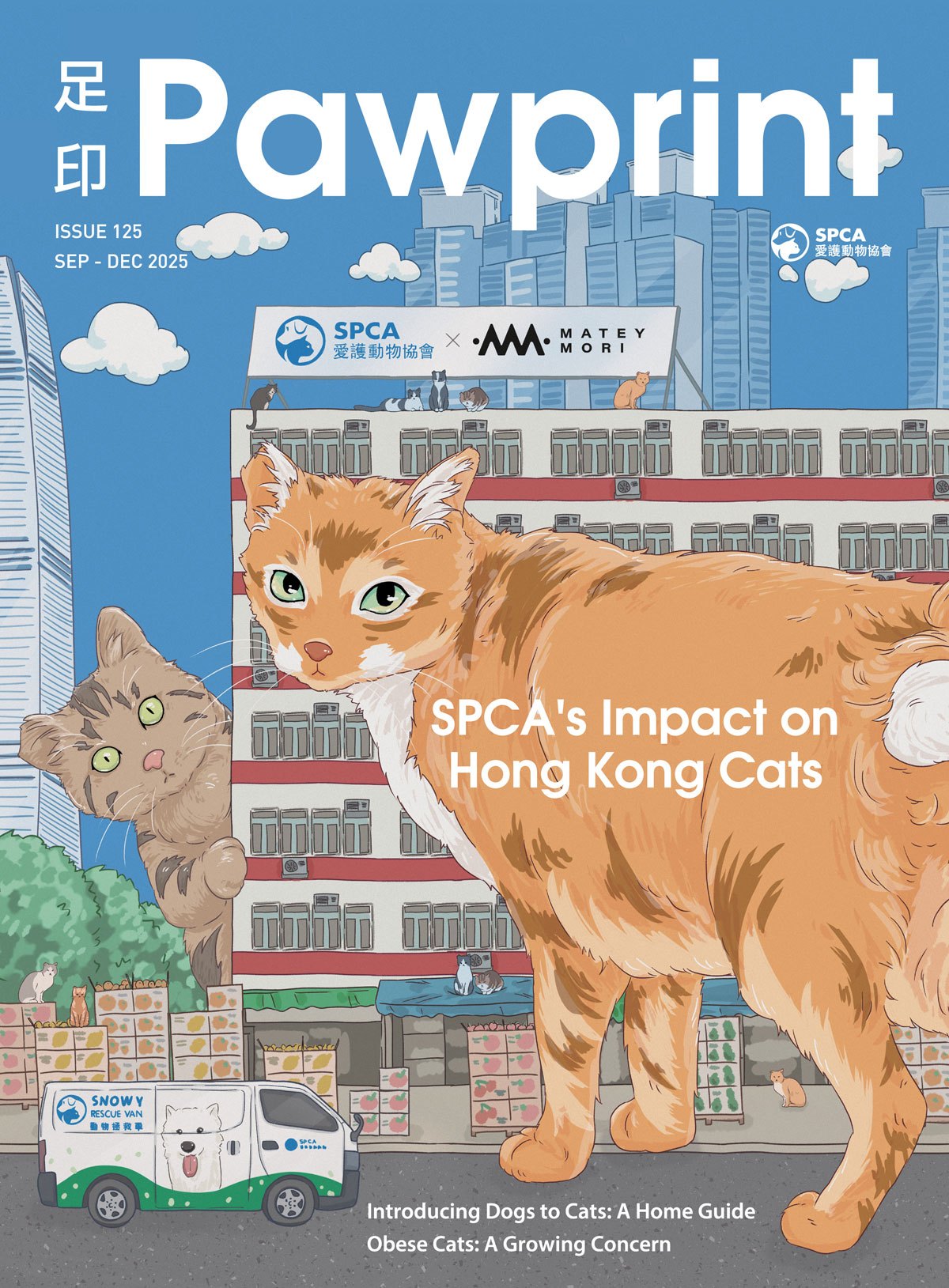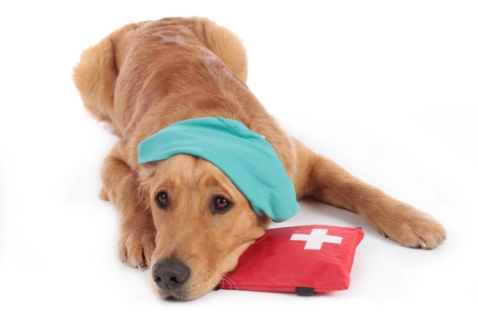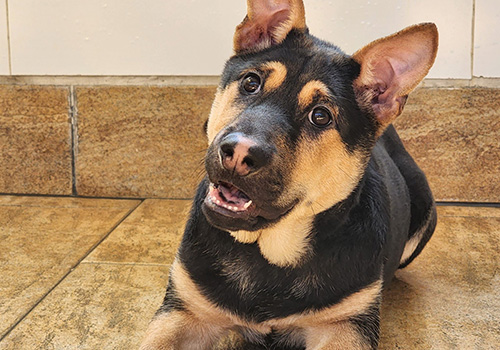The Five Freedoms were created in the UK by the Farm Animal Welfare Council in 1979 in response to large scale, industrial farms. They now form the basis of much animal welfare legislation in the UK, as well as the European Union’s policy on farm animal welfare.
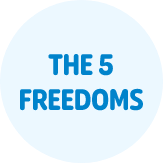
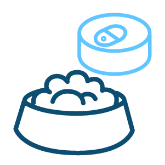
Freedom from Hunger and Thirst
through ready access to fresh water and a diet to maintain full health and vigour.

Freedom from Discomfort
by providing an appropriate environment including shelter and a comfortable resting area.
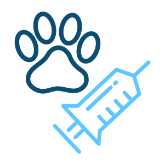
Freedom from Pain, Injury or Disease
by prevention or rapid diagnosis and treatment.
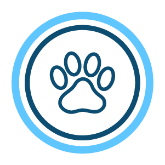
Freedom to Express Normal Behaviour
by providing sufficient space, proper facilities and company of the animal’s own kind.

Freedom from Fear and Distress
by ensuring conditions and treatment which avoid mental suffering.
Five Freedoms in Hong Kong
We believe the Five Freedoms form a logical and comprehensive framework for animal welfare and can be easily applied to all animals in Hong Kong. Below are some of the challenges we face in the territory.
